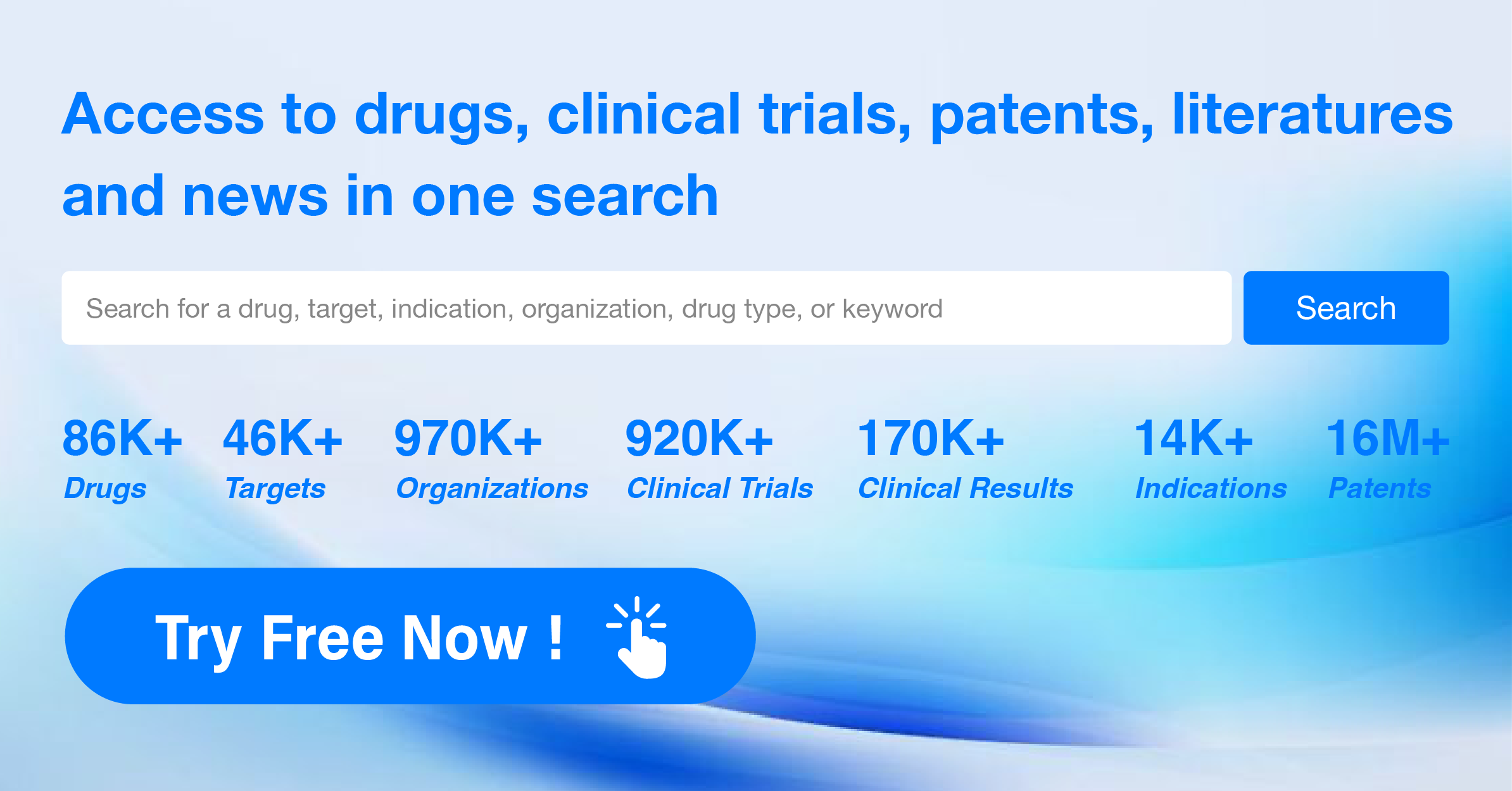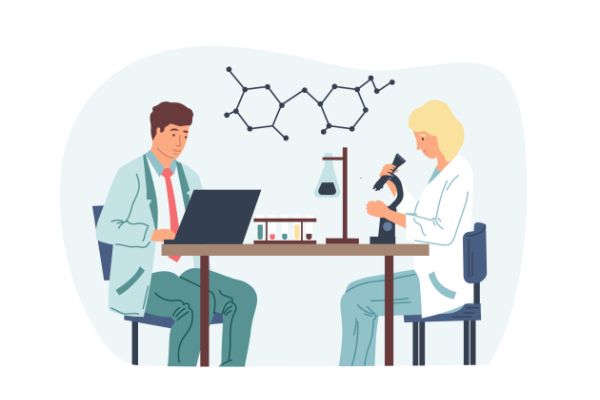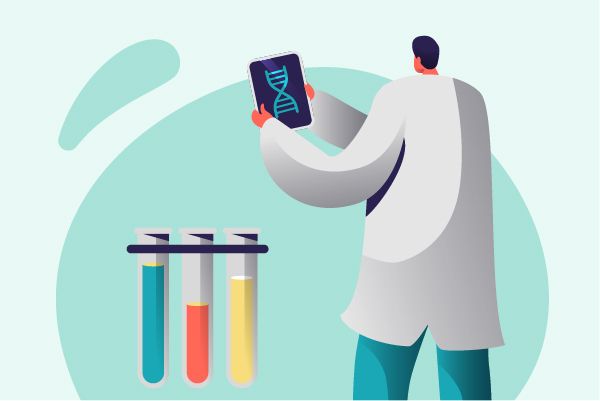Ocugen Completes Dosing in Phase 1/2 Stargardt Clinical Trial for OCU410ST Gene Therapy
Biotechnology firm Ocugen, Inc. has reached a significant milestone in its clinical trial for a gene therapy treatment, OCU410ST, aimed at Stargardt disease, an inherited retinal disorder that leads to blindness and affects around 35,000 people in the U.S. The company has completed dosing for the initial group in its Phase 1/2 GARDian study, marking a promising step towards a potential one-time cure for the condition, which currently lacks an effective treatment.
Dr. Arun Upadhyay, Ocugen's Chief Scientific Officer, highlighted the importance of this achievement, emphasizing the need for a treatment to preserve the vision of those affected by Stargardt disease. The trial, which involves participation from up to 10 leading retinal surgery centers across the U.S., has administered a low dose of OCU410ST to three subjects via a single subretinal injection.
Benjamin Bakall, MD, PhD, a key figure in the study and a Clinical Assistant Professor at the University of Arizona, expressed optimism about the novel gene therapy's potential to provide a new treatment option for patients suffering from vision loss due to Stargardt disease. The GARDian trial is structured in two phases: Phase 1 is an open-label, dose-ranging study with three levels, and Phase 2 is a randomized, dose-expansion study that includes both adult and pediatric subjects.
Stargardt disease is characterized by the progressive degeneration of photoreceptor cells in the macula, leading to central vision loss, although some peripheral vision is typically retained. The disease usually manifests during childhood or adolescence, with varying onset ages and progression rates. The RPE, which supports photoreceptors, is also impacted.
OCU410ST is based on an AAV delivery system that targets the RORA gene, which is linked to pathways associated with Stargardt disease, including lipofuscin accumulation, oxidative stress, inflammation, and cell survival. Ocugen is dedicated to advancing gene and cell therapies, biologics, and vaccines to improve global health and address unmet medical needs. The company's innovative gene therapy platform holds promise for treating various retinal diseases and is also being explored for its potential in infectious and orthopedic disease research.
How to obtain the latest research advancements in the field of biopharmaceuticals?
In the Synapse database, you can keep abreast of the latest research and development advances in drugs, targets, indications, organizations, etc., anywhere and anytime, on a daily or weekly basis. Click on the image below to embark on a brand new journey of drug discovery!




